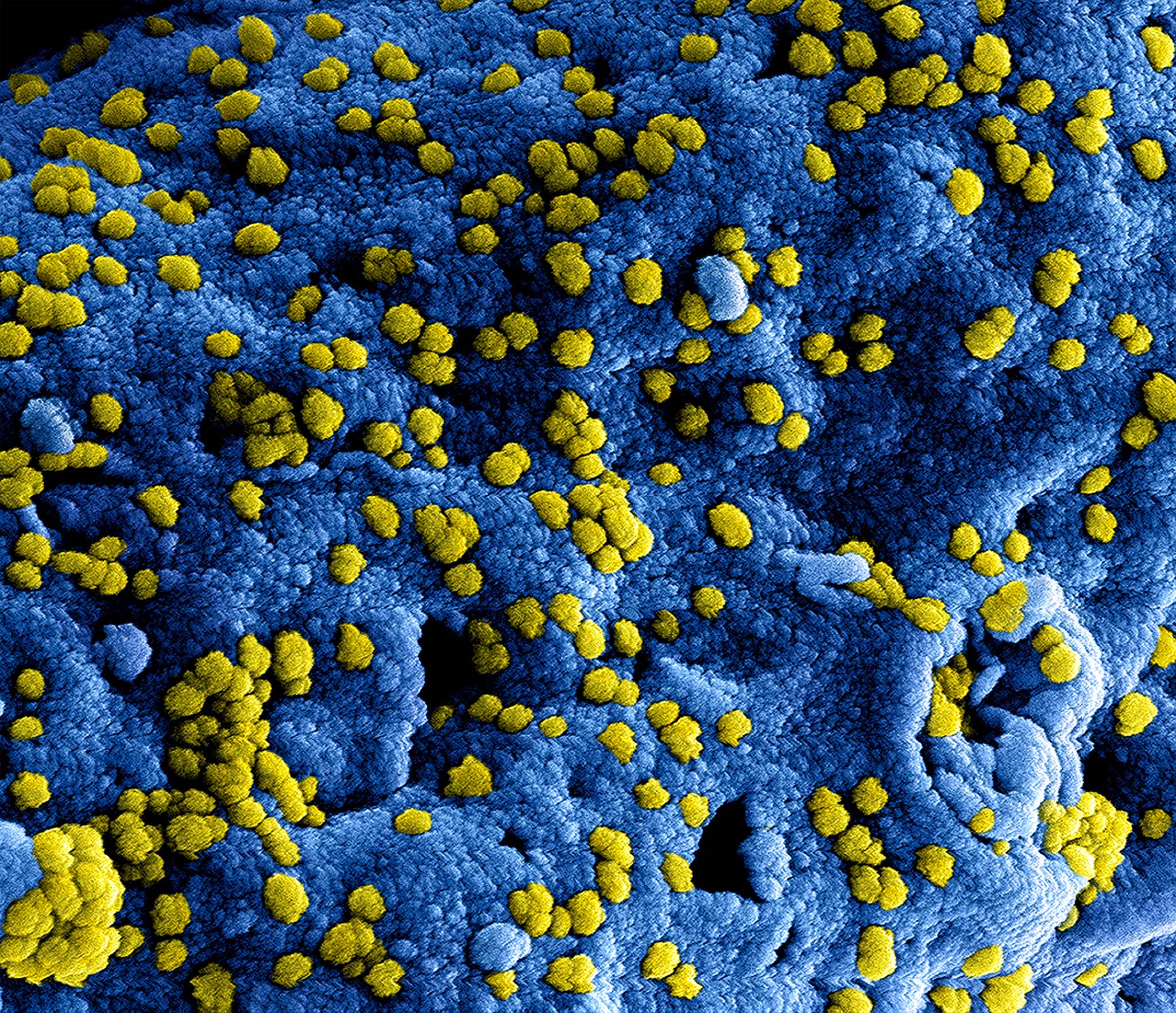 A 55-year-old Qatar resident is in hospital undergoing medical treatment after being diagnosed with Middle East Respiratory Syndrome Coronavirus (MERS CoV), the Supreme Council of Health (SCH) has confirmed.
A 55-year-old Qatar resident is in hospital undergoing medical treatment after being diagnosed with Middle East Respiratory Syndrome Coronavirus (MERS CoV), the Supreme Council of Health (SCH) has confirmed.
The patient had complained of a fever and joint pain for four days before being transferred to Hamad General Hospital, where he was treated and tested for MERS. Samples tested at Doha’s National Reference Laboratory were positive for the virus.
The SCH’s rapid response team undertook an epidemiological investigation and testing for the virus of all the people with whom the patient is believed to have come into contact.
“Health education about appropriate preventive measures was given to the contacts along with close follow-up for any symptoms. Infection prevention and control measures in all health facilities have been re-enforced by the SCH,” the health council added in a statement.
This is the first patient to have a confirmed case of MERS CoV since October last year, when a 71-year-old Qatari man with diabetes became ill during a visit to Saudi Arabia, and had to be hospitalized. The last confirmed case before that was in November 2013.
The latest case brings the number of MERS CoV cases in Qatar to at least nine, of whom four patients have died. The SCH has not confirmed the total number of MERS CoV cases in Qatar to date.
Global figures
Worldwide, the total number of laboratory-confirmed cases as of Jan. 23 stood at 956, while there were at least 351 deaths, according to the US-based Center for Disease Control (CDC).
This figure does not include two new cases of the virus confirmed in Saudi Arabia, and reported by the country’s Ministry of Health on Saturday.
Recorded by the Center for Infectious Disease Research and Policy (CIDRAP), the two new Saudi patients include a 37-year-old expat in Riyadh – who suffered from a pre-existing illness and is in critical condition – and a 76-year-old Saudi man from Hafoof. He also had a pre-existing disease, in addition to a history of being exposed to animals.
These bring the country’s total case count since June 2012 to 845, as recorded by the Saudi Ministry of Health. There is usually a time lag between the figures reported by Saudi authorities and those reported as laboratory-confirmed cases by the CDC and WHO.
However, the spread of MERS appears to be on the wane, and the rate of new cases has slowed considerably since its peak in mid-2014.
In June last year, initial results from a national study that found MERS in dromedary camels in Qatar prompted new infection control tips for people working closely with the animals.
Qatar’s SCH had been working on it with the World Health Organization and the Erasmus Medical Center in The Netherlands, as well as the Ministry of Environment.
The preliminary results found MERS to be present in camels in Qatar, although the number of infected camels was not revealed. There were also signs that people dealing very closely with the animals may become infected. Some 8.7 percent of those tested had MERS antibodies – a sign of past infection – but did not report severe symptoms.
Advice
 MERS is a viral respiratory illness, and can spread when an infected person coughs or sneezes. Symptoms include fever, coughing, a sore throat and in some cases, diarrhea.
MERS is a viral respiratory illness, and can spread when an infected person coughs or sneezes. Symptoms include fever, coughing, a sore throat and in some cases, diarrhea.
Qatar authorities have said residents visiting farms, markets, barns or other places where animals are present should practice “general hygiene measures, including regular hand washing before and after touching animals, and avoid contact with sick animals.”
It also advises people with diabetes, renal failure, chronic lung disease, and immuno-compromised residents to avoid contact with camels, drinking raw camel milk or eating meat that has not been properly cooked.
On its website, the SCH said it is “closely following all acute respiratory distress patients admitted in the hospitals” and the Hamad Medical Corp. lab runs MERS-CoV tests for such patients as a part of the routine respiratory panel.
Anyone with questions or symptoms can call the SCH’s dedicated MERS hotline: 6674 0951.
Thoughts?







